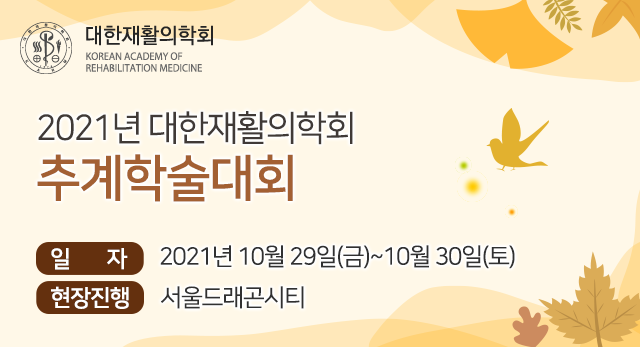| 소속 |
St. Vincent`s Hospital, College of Medicine, The Catholic University of Korea, Korea , Department of Rehabilitation Medicine1, Yale School of Public Health, USA, Department of Chronic Disease and Epidemiology2, Université Abdelmalek Essaâdi, Tétouan, Morocco, Department of Physical Medicine and Rehabilitation3, National Institute of Rehabilitation, Mexico, Amputee Rehabilitation Department4, University Hospital Hassan II of Fez, Morocco, Department of Physical and Rehabilitation Medicine5, School of Health and Rehabilitation Sciences, University of Pittsburgh, USA, Human Engineering Research Laboratories (HERL), US Department of Veteran Affairs6, Institute for Disaster Management and Reconstruction, Sichuan University and Hong Kong Polytechnic University, China, Department of Disaster Health Sciences7, Michigan Medicine Neuroscience Graduate Program, University of Michigan, USA, Department of Physical Medicine and Rehabilitation8, Qatar Rehabilitation Institute, Hamad Medical Corporation, Doha, Qatar, Department of Rehabilitation Medicine9, Department of Medicine, University of British Columbia, Vancouver, Canada, Division of Physical Medicine and Rehabilitation10, Dr. Ram Manohar Lohia Hospital & Post Graduate Institute of Medical Education and Research (PGIMER), New Delhi, India, Department of Rehabilitation Medicine11 |
| 저자 |
Bo Young Hong1*†, Yetsa A Tuakli-Wosornu 2†, Kangxin Wang 2, Maryam Fourtassi 3, Laura Paulina Muñoz-Velalsco4, Abderrazak Hajjioui 5, Rory Cooper 6, Joseph K Balikuddembe 7, Mark Peterson 8, Uma Pandiyan 9, Andrei Krassioukov 10, Deo Rishi Tripathi 11 |
Background: The COVID-19 crisis has disrupted nearly every aspect of daily life, from metabolic function to social and health-related behaviors. Unfortunately, for the 1 billion global persons who live with an impairment that significantly alters daily function (80% of whom live in developing countries where natural disasters and armed conflicts leave 3.5 million refugees and internally displaced people who survive with a physical disability annually), the impact of the pandemic on physical activity, physical inactivity and sedentariness remain unknown.
Objective: The purpose of this study was to determine the impact of the coronavirus pandemic on perceived physical activity levels, sedentariness, healthy eating habits, sleep habits, and tobacco consumption in community-dwelling persons with disabilities, as compared to those without disabilities.
Design: Prospective cross-sectional study was done with a web-based global survey.
Results: For 3 months, 3550 responses were collected from 65 countries. And 2689 responses without skipped questions were set as full data of analysis. Pre-pandemic healthy lifestyle behaviors showed no significant difference among people with mild-moderate or severe disability and without disability. However, perceived physical and mental health and eating habit changes during the pandemic showed a significant difference in people with and without disabilities. People with disabilities are more likely to report worsening physical and mental health and dietary habits than before. Furthermore, the degree of disability is also significantly affected in terms of physical health. People with severe disabilities reported higher rates of smoking during the pandemic than those without disabilities.
Conclusions: This study showed that the pandemic had a worse effect on people with disabilities than on people without disabilities on perceived physical and mental health and changes in eating habits. |
|
General impact of Covid-19 pandemic
Pre-pandemic healthy lifestyle behaviors in people with and without disabilities.
Perceived physical and mental health, eating habit, body weight and smoking pattern changes in people with and without disabilities during the pandemic
|









